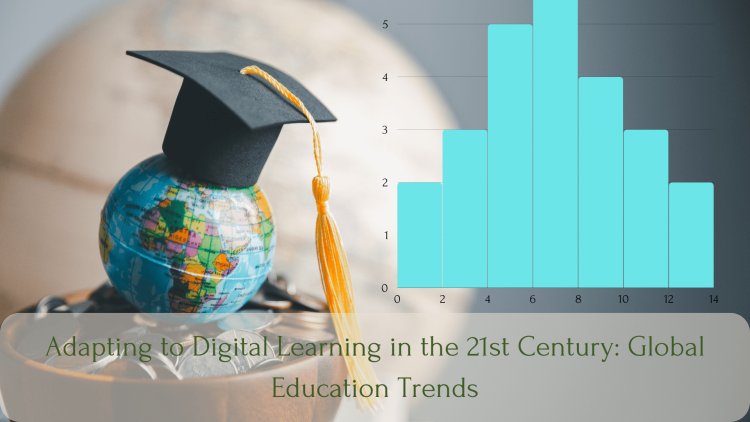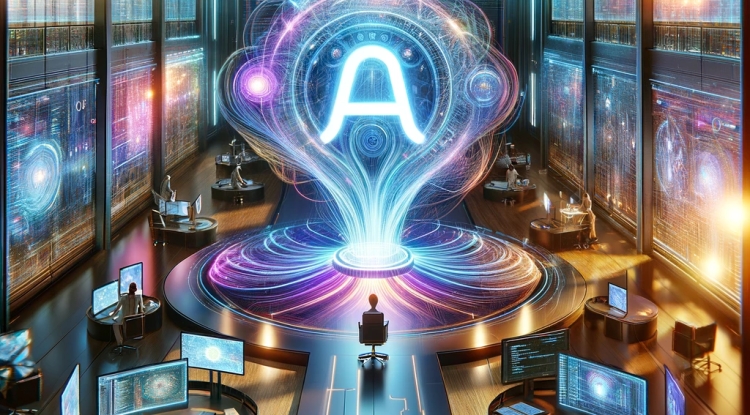Adapting to Digital Learning in the 21st Century: Global Education Trends
The article "Global Education Trends: Adapting to Digital Learning in the 21st Century" focuses on the digital transformation in education in the 21st century. It explores the definition and importance of digital learning, examines how global education systems are adapting to digital learning trends, and discusses the role of educational technologies and digital literacy. This article emphasizes the significance of digital transformation in education and its impact on the education system.

Since the beginning of the 21st century, rapid advancements in digital technologies have led to significant changes in learning and teaching methods within the education sector. The traditional classroom environment is no longer confined to just blackboards and textbooks; we are now moving towards an integrated approach to education that incorporates digital platforms, online resources, and interactive tools. In this article, we will explore how global education trends are adapting to digital learning and examine the impact of this transformation on the education system.
Digital Learning: Definition and Importance Digital learning refers to the process of learning facilitated by the use of computers, smartphones, tablets, and the internet. Unlike traditional classroom settings, digital learning offers students more freedom, flexibility, and diversity. This method allows students to learn at their own pace and experience a personalized learning journey.
Global Education Trends and Digital Transformation In recent years, education systems worldwide have embarked on a digital transformation journey. Many countries are striving to enhance accessibility and quality in education by leveraging digital learning tools and platforms. Particularly, the COVID-19 pandemic has increased the demand for remote learning and digital education, accelerating developments in this field. Students now have access to learning opportunities beyond the classroom, breaking down geographical barriers.
Role of Educational Technologies Educational technologies form the foundation of digital learning. Cloud-based learning management systems, online courses, interactive educational content, and virtual reality tools provide students with an engaging and interactive learning experience. These technologies also support teachers in managing instructional processes and monitoring student progress effectively.
Digital Literacy and Security in Education In digital learning environments, it is crucial for students to possess digital literacy skills. Skills such as accurately researching information, critically evaluating digital content, and being aware of online security issues enable students to succeed in the digital world. Additionally, educational institutions and students alike must pay attention to privacy and security concerns in online environments.
What's Your Reaction?




















